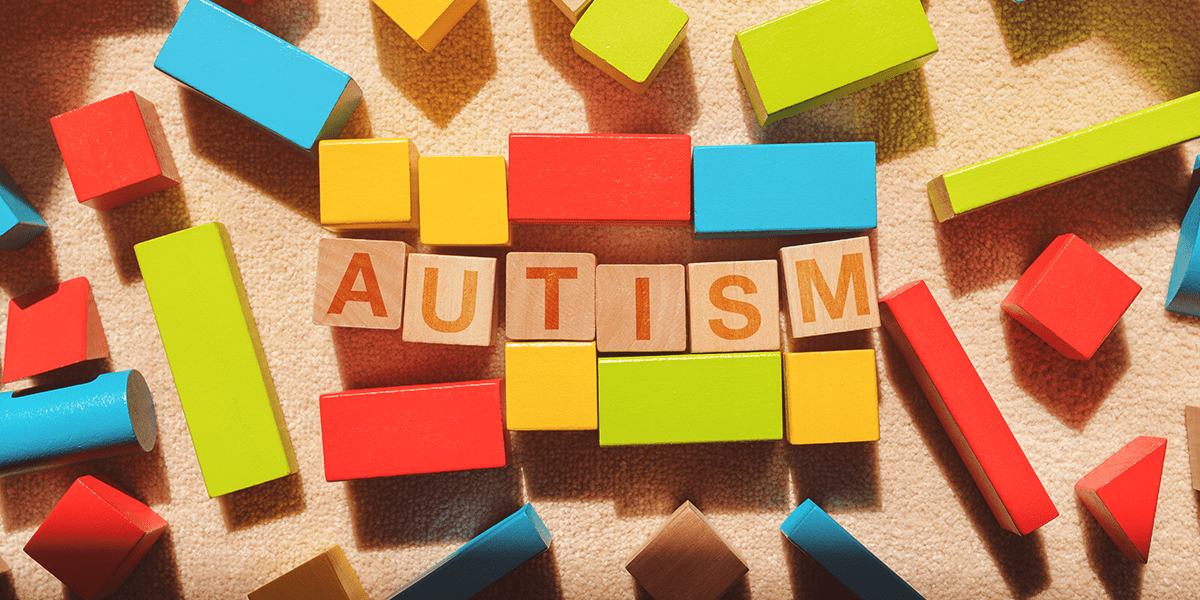What is Autism Spectrum Disorder?
- Dr Maryum Sohail
- February 16, 2024
- 6:35 pm

Did you know that, according to the World Health Organization (WHO), 1 in a hundred kids has Autism Spectrum Disorder (ASD)? These findings spotlight the crucial position of knowledge of autism spectrum disorders in efficiently navigating its implications.
Autism Spectrum Disorder
Autism Spectrum Disorder (ASD) is an intricate neurodevelopmental condition distinguished by distinct social interactions, patterns of communication, and differences in behaviour. It’s at the spectrum, protecting an extensive range of temperaments and capabilities. Like the colours inside the rainbow, people with ASD will have exceptional strengths and challenges. Some speak nicely but conflict with environmental alternatives, even as others excel academically but experience difficulty in social interactions.
Understanding Autism Spectrum Disorder (ASD) is going past only a diagnosis; It is a unique adventure formed by way of attitudes and experiences. Early recognition is crucial for effective intervention and stepped-forward outcomes. It emphasizes the significance of knowledge and well-timed intervention.
What does ASD result from?
The proper reasons for autism spectrum disorder (ASD) are not well understood. However, studies show a mixture of factors, and gaining this understanding is essential to information on autism spectrum disorder:
- Genetic: Specific genes can also play a role, as ASD often runs in families.
- Brain development: Differences in brain structure and connectivity can contribute
- Environmental elements: Prenatal exposure to toxic substances and early adolescence experiences can have an effect.
Also, Check: what is autism spectrum disorder
What are the signs of an autistic child?
Identifying the signs of an autistic child at age three is important for early intervention and support for the child. Although some children without ASD may have similar symptoms, they can have a big influence on those with ASD. Autism Spectrum Disorder (ASD) symptoms in children are listed by the CDC.
Social communications and interactions
Children with ASD often have problems with social interplay and verbal exchange. Early signs of an autistic child at age 3 to be aware of include:
- They don’t look into your eyes when you speak to them.
- They may not turn round whilst you say their name
- It’s difficult for them to make satisfied, sad, or angry faces.
- They might not wave their hands to say what’s up.
- They may refuse to play the same games as other children.
- They may not apprehend if a person is hurt or unhappy.
- Playing with different children is probably difficult.
- Pretending to be a trainer or a superhero is perhaps difficult.
- They may not dance, sing, or do funny things like others.
Also, Check: understanding ADHD
-
Restricted or Repetitive Behavior
Parents regularly observe repetitive behaviours and interests in children with ASD:
- Preferring strict routines and aggravated by changes.
- Saying identical words over and over without a motive
- Play with toys in a special, repetitive manner.
- Focus on simply one part of a toy rather than the whole, just like the wheels on an automobile.
- Strong or vulnerable reactions to sensory perceptions, which include sound, smell, flavour, shape, or touch
- Have a peculiar interest in certain topics or activities.
Engaging in spontaneous movements such as hand-clapping, body shaking, and spinning.
Other Signs
In addition to the above, children with ASD can also show:
- Slow development of language, physical skills, or cognitive skills.
- Hyperactivity, lack of focus, and reckless behaviour
- Poor or unusual eating and sleep patterns
- Physical symptoms like constipation fit
- Unusual mood swings or uncommon emotional reactions.
- Increased anxiety, stress, or worry or reduced fear of frightening situations
Identifying and diagnosing the signs of an autistic child at the age of 3 is very important in managing children with ASD.
It is important to take into account that no longer all individuals with ASD will showcase all of those behaviours. If parents suspect that their child may be displaying signs of ASD, looking for professional evaluation and early intervention can dramatically enhance a toddler’s great existence and developmental consequences.
Dr Maryum Sohail
Subscribe to Dr Owais YouTube channel
For parenting advice, child health, symptoms, causes and treatment of illness in children.





